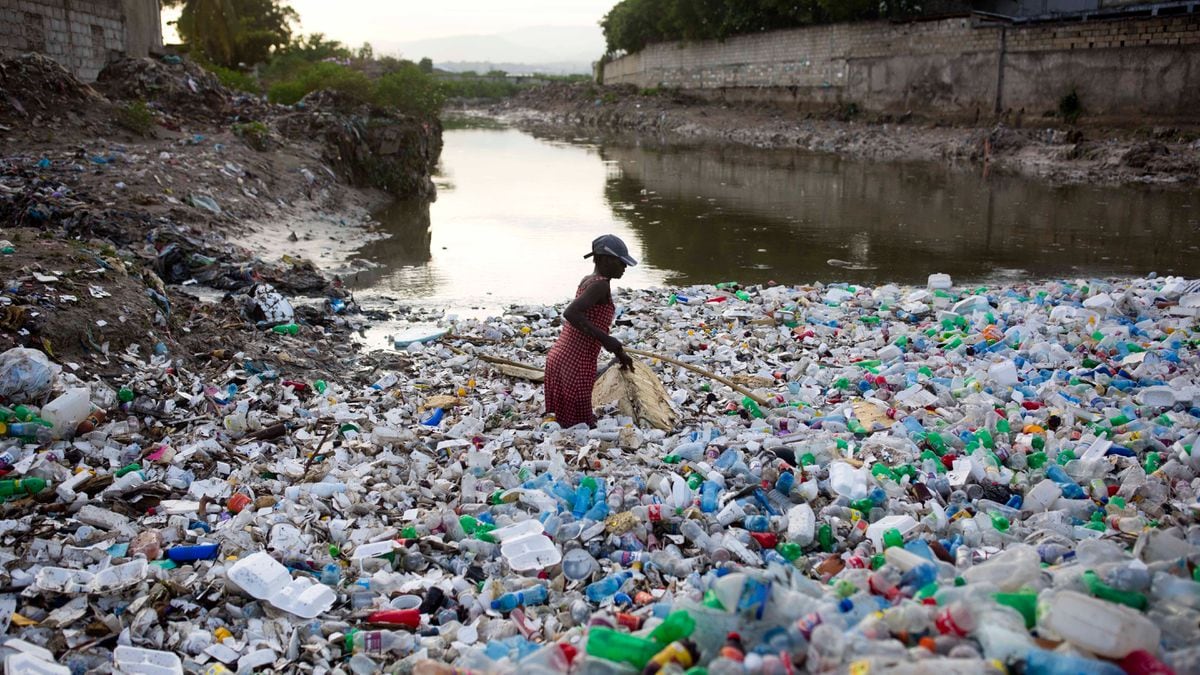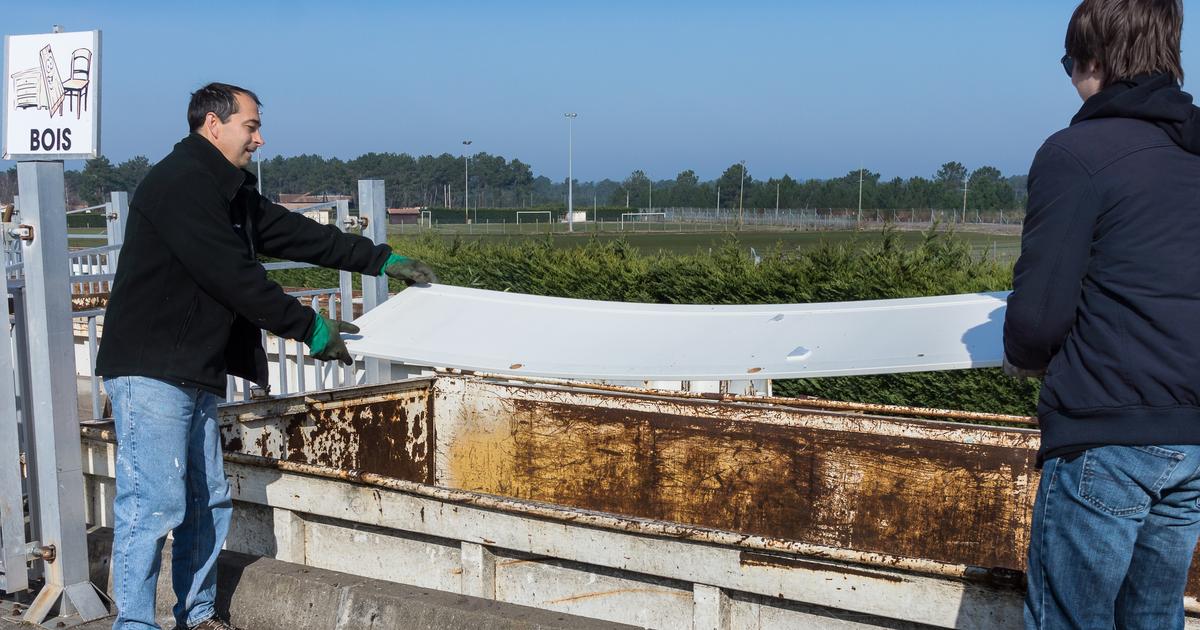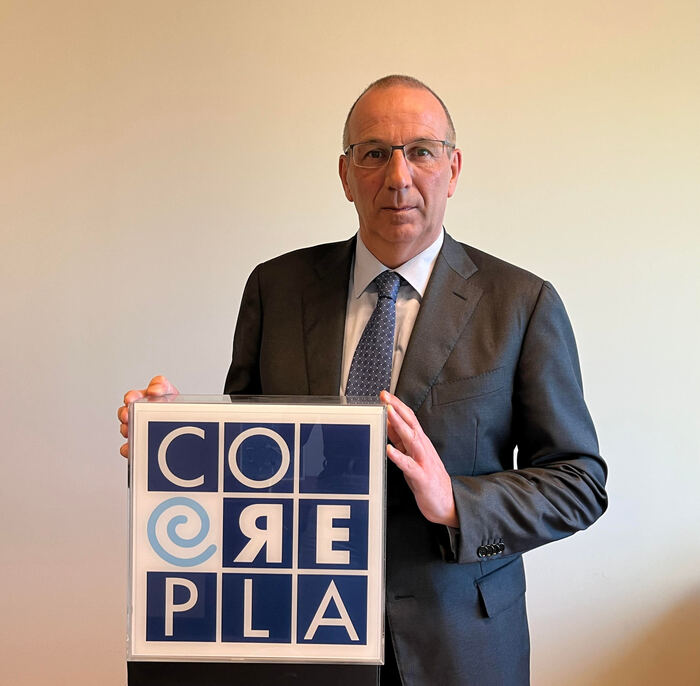From granules to bottles, various manufacturing stages are passed. Image source: Coca Cola Coca Cola ©
Plastic bottles are very popular. In terms of environmental compatibility, however, their reputation is dubious. There would be room for improvement.
Fürstenfeldbruck – New legal requirements could significantly improve the ecological balance. The beverage giant Coca Cola is convinced of this.
Material getting worse and worse
97 percent of the non-returnable PET bottles are returned via the deposit system. However, most of the food-grade PET material ends up in so-called downcycling. This means that the bottles are no longer used as bottles. They are only used for packaging of cleaning agents, cosmetics or textiles. This is the result of a study by the Institute for Energy and Environmental Research (ifeu). It was developed in cooperation with the Society for Packaging Market Research (GVM). The order was given by Coca Cola. The beverage giant operates a large bottling plant in Fürstenfeldbruck for the whole of southern Bavaria.
The cycle
Due to the strict legal regulations, more than 50 percent of the PET material for beverage bottles is lost. The problem is that the so-called open material cycle is practiced. The recyclable materials are reused, but they get worse every time. Plastic becomes cloudier and more brittle. The open loop therefore still creates new waste that is not recyclable. The aim of the desired closed loop, on the other hand, is to reuse used material as often as possible without any loss of quality.
(
By the way: Everything from the region is now also available in our regular FFB Newsletter.)
The study, commissioned by Coca Cola, shows that there is sufficient material available in Germany to implement a material cycle for disposable returnable bottles with around 90 percent recycled material (rPET).
Potential not fully exploited
Nevertheless, only 45 percent remained in the bottle cycle. "In this way, the ecological potential is by no means exhausted," says a statement from the company Coca Cola. One consequence of the current legislation is that the annual demand for new plastic material in the production of disposable deposit bottles is very high. The two research institutes had found that 90 percent of the new material could be saved.
0
Also Read
Cyclist meets walkers: pensioner freaks out and attacks mother
READ
Removed all five wheel bolts on the tire of a Porsche
READ
Grass snake gets lost in residential building - fire brigade brings them back to the forest
READ
Duplex garages remain prohibited - trees have to give way
READ
Blue light ticker for the Fürstenfeldbruck region: thief tour with consequences - woman ripped off
READ
Fancy a voyage of discovery?
My Area
This corresponds to 214 kilotons of new plastic. The amount of material that ends up in incineration could also be reduced. The study also shows that PET material could be reused up to nine times more often in a closed bottle circuit than in an open circuit. This could also reduce greenhouse gases.
At the FFB site
The institutes speak of a savings potential of 60,000 tonnes of CO2 per year. In view of the results of the study, Coca Cola calls for "active action", as a spokesperson puts it. Patricia Irion, head of the Fürstenfeldbruck site, reports that all PET bottles up to 0.5 litres have already been converted to r-PET. "The 'bottle-to-bottle' principle is essential for us in order to break the current downcycling spiral by creating loops that are as closed as possible," says Irion. It calls for an initial right of access to the PET from the deposit system. The aim is to produce larger bottles from r-PET in the future.
You can find even more up-to-date news from the Fürstenfeldbruck district on Merkur.de/Fürstenfeldbruck.


/cloudfront-eu-central-1.images.arcpublishing.com/prisa/ILLMSM3CL5EZTGR5TPAFNGGS6Y.jpg)






